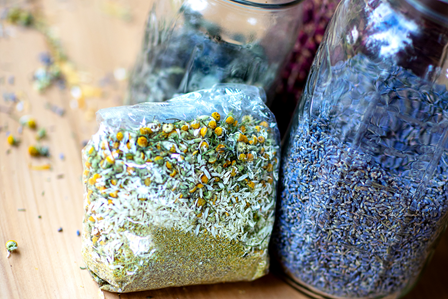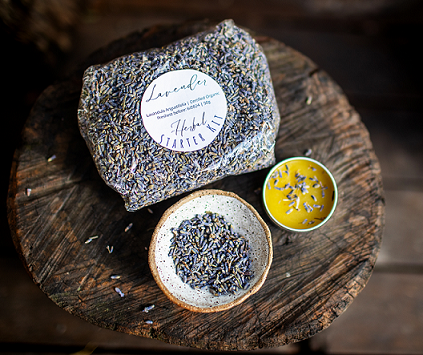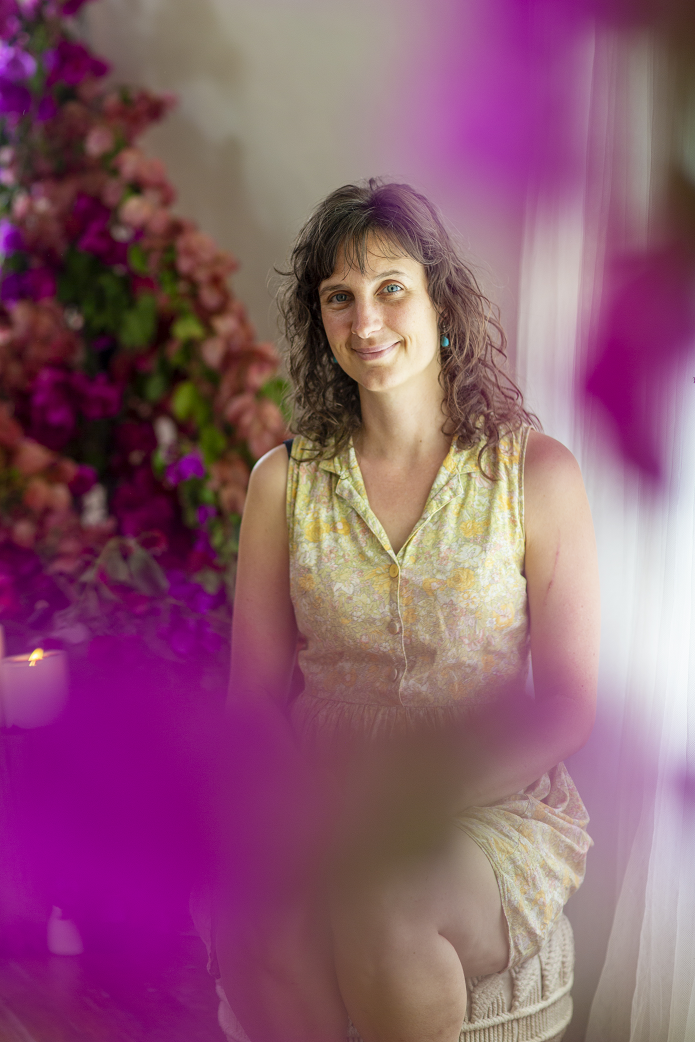You’ve paid good money for herbs or perhaps lovingly harvested plants you’ve foraged and grown… you’re either storing them dried or made them into herbal remedies… so the next big question is.. how long do the herbs and herbal remedies last?
Like the three horsemen of the apocalypse; air, heat and light are the enemies of your herbal shelf-life.
They, along with the original freshness and quality of your ingredients, will determine whether your herbs and remedies have a shorter or longer shelf-life.
So whilst the following is a general guide, always think about where it’s stored and how your herbs/ remedies are used. Ie. If your herbal salve’s sitting in a temperature-stable dark cupboard, it’s very different to in your hot car in summer!
What’s the shelf-life for dried herbs?
Dry herbs: 1 – 2 years,
Roots tend to last longer than aerial parts (leaves and flowers)
Powdered herbs: 2 – 6 months. Whole herbs last a lot longer than powdered herbs
Syrups: 2-4 months (or less),with lesser honey/ sugar ratio the shorter the shelf life
What’s the shelf-life for infused oils or herbal salves?
Infused oils
Infused oil: 6months – 2 years, depends how fresh oil is when started
Herbal salves: 1 -2 years, depending on oil and storage
Cream or lotion: week to months, depending on preservative

What’s the shelf-life for tincture and other Extracts?
Here’s the shelf-life for herbal remedies from shortest to longest
Teas, infusions and decoctions: 24-48 hours (store in fridge if want it to last longer)
Herbal vinegars: 1 year
Oxymel: 1 year
Glycetracts/ glycerites: 1 year
Infused honey: 1+ year
Electuaries: 1 year
Hydrosols: 1 -2 years
Herbal capsules: 6 months – 1 year
Elixirs: 2 years
Tinctures: 2 – 5/10 years, depending on storage and usage.
How to tell if your herbs have gone bad?
I always recommend being a remedy-detective. By that I mean, know what your herbs and remedies look and smell like when you’ve made them. Lock that knowledge in your knowledge box, so that over time, your nose and eyes will be your ultimately shelf life detectors.
If something smells off, is fuzzy or has visible signs of mould growing on it, then absolutely discard. With some remedies, you’ll have the beginnings of mould growth before it’s really visible as well, not to make your paranoid, but even if it looks okay-ish, if you can’t remember when you made it…. might be time to ditch it.
Herbal storage tips for longer shelf-life
I cover this in more depth in my Mastering Herbal Teas course, that’s a great resource to check out, but in general, top tips are:
- Store in cool, dark, dry places
- Use airtight glass jars
- Label with date made
Ready to learn more about herbal medicine-making this year? Join my last online course for the year, Make your summer apothecary: 3 week medicine-making course. Starts October 21
PS – Getting your senses involved in home herbalism is an absolute gamechanger and can make you a way better herbalist. We cover this extensively, in such a fun, hands-on way in my Embodied Herbalism: Herbal Tastes course.


